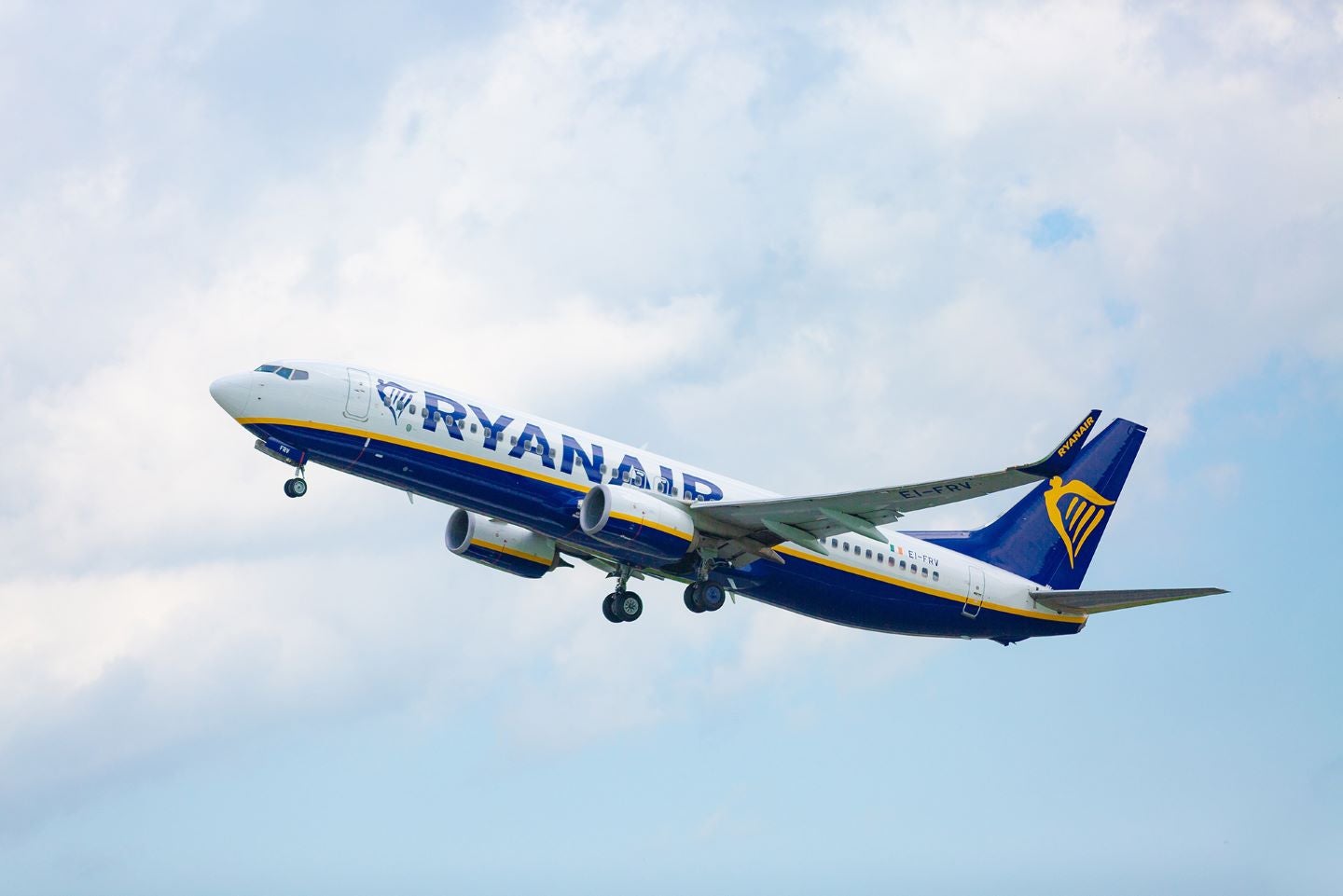
Irish low-cost airline Ryanair entered a memorandum of understanding (MoU) on 4 May 2023 with the Spanish-based global energy company Repsol.
The MoU signed by both companies is to advance the supply of sustainable aviation fuel (SAF) at Ryanair airports across Spain and Portugal.
SAF, a renewable source, can be produced from resources such as forestry and agricultural waste, used cooking oil, carbon captured from the air and green hydrogen.
According to the US Department of Energy, SAF can reduce the lifecycle of greenhouse gas emissions, which are responsible for approximately 2-3% of global carbon emissions.
Through this partnership with Repsol, Ryanair will have access to up to 155,000 tonnes of SAF from 2025 to 2030, the equivalent of over 28,000 flights from Dublin to Madrid and a reduction of 490,000 tonnes of CO₂ emissions.
This deal illustrates both Ryanair and Repsol’s commitment to cooperating and investing in SAF supply fuels.
Ryanair has set itself its ambitious targets of utilising 12.5% SAF by 2030 and net-zero emissions by 2050.
According to the Irish airline’s 2022 sustainability report, their pathway to net-zero emissions by 2050 is one which aligns with the 2015 Paris Agreement and the Destination 2050 initiative.
By using SAF, Ryanair can significantly reduce its carbon emissions and contribute to the industry’s overall goal of carbon neutrality by 2050.
In reference to Ryanair’s environmental, social and governance (ESG) ratings and membership report, they have received positive ratings from external ESG rating agencies such as MSCI and Sustainalytics. Indicating the company’s efforts to address ESG concerns have been recognised and validated by independent experts.
Ryanair DAC’s CEO Eddie Wilson said: “SAF plays a key role in Ryanair’s Pathway to Net Zero strategy and our goal of using 12.5% SAF by 2030. Achieving this requires multiple different feedstocks and production methods and we’re encouraged that Repsol is looking at multiple solutions. This agreement helps Ryanair secure access to c.15% of this ambitious goal.
“Repsol is a key sustainability partner for Ryanair and we look forward to building on this collaboration as our Group grows to carry 225 million passengers annually by FY26.”
This deal falls in with Repsol’s Strategic Plan 2021-2025 which pursues the company’s transformation and sets the tone for accelerating the energy transition, following a cost-effective realistic path and ensuring future success for shareholders.
Repsol’s executive managing director Valero Marin added: “This collaboration agreement with Ryanair, Europe’s leading passenger airline, reinforces our commitment to the aviation sector and it is another step in Repsol’s commitment to renewable fuels. The aviation sector needs solutions such as SAF fuels to support the decarbonization process it is currently undergoing.
“This also consolidates our position as a multi-energy company with the objective of achieving zero net emissions by 2050.”


